
Volume Three, Issue Fifteen
What Could be Better than Cash?
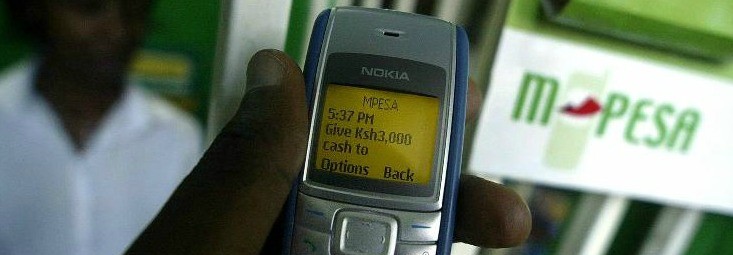
Around the world, 2.5 billion people lack access to formal financial services. As a result, most poor households live almost entirely in a cash economy. Shifting to electronic distribution of social benefits, humanitarian aid or payroll payments can help spur development growth by helping people build savings while accelerating efficiency and transparency. That is why USAID is proud to have launched the Better than Cash Alliance this week, with partners like the Bill & Melinda Gates Foundation, Citi, the Ford Foundation, Omidyar Network, Visa Inc. and the U.N. Capital Development Fund.
Learn more about the alliance and the steps we are taking to empower people through digital payments by following @betterthan_cash and @msolutionsUSAID on Twitter.
USAID Goes to the UN
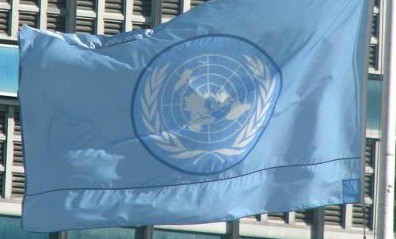
The 67th United Nations General Assembly meets in New York next week and USAID will be on hand to discuss food security, innovation, global health, resilience and other policy priorities. Learn more about our events and activities:
USAID @ UNGA:
- USAID at Social Good Summit
- Better than Cash Alliance launch at the Ford Foundation
- Resilience event with Rockefeller Foundation and U.N. Foundation
- MDG Countdown 2012 event co-hosted with DFID
- New Alliance for Food Security and Nutrition event
Dispatches, blogs, stories and videos related to USAID's UNGA participation and programs can be found all week on USAID's Impact Blog.

USAID's Fall Semester
Not everyone's excited about the fall semester, but here at USAID, we definitely are. This year we're finding new ways for students and academics to engage directly with USAID and learn about the great work we do. On Tuesday, Administrator Shah visited Clemson University for an exciting discussion with students and faculty about international development. He also visited the university's "Afghanistan Agribusiness Development Team Training Program" where National Guard troops learn simple agriculture techniques to teach to farmers in Afghanistan. Today at 3:45 EST, join Dr. Shah and Florida International University students for a discussion about open source development. Not in Florida? Watch the live stream.
Students and faculty are encouraged to join conversations that explore solutions to the most pressing global challenges in international development-poverty, hunger, global health and democracy on our site. Chat with USAID's leading experts in the field online - and maybe even on your campus - as the fall semester continues.
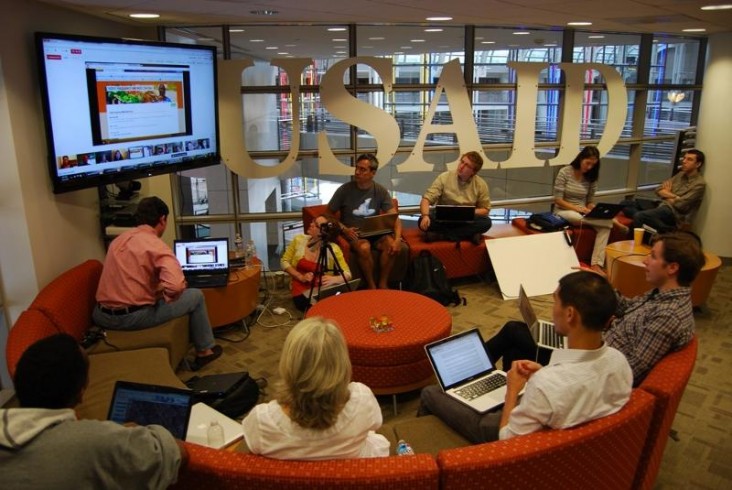
Hacking for Hunger
Last weekend, USAID hosted the Agency's first hackathon. Hacking for Hunger, a 48-hour event that brought together technical and development experts, allowed volunteers to create new applications for global food security.
Teams from established organizations and startups tackled problems, mission statements and projects that they could achieve over the weekend. Our "hackers" hailed from five countries and seven time zones working through the weekend for the opportunity to present their creations at USAID's Open Data Showcase at the World Food Prize in Iowa this October.
Neglected Tropical Diseases
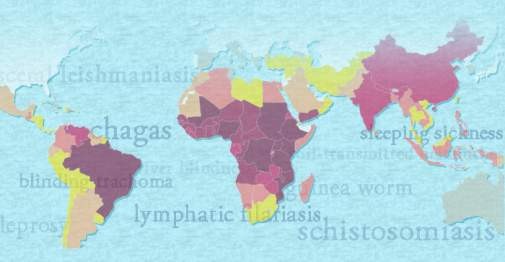
USAID's Neglected Tropical Diseases (NTD) Program has supported countries to deliver more than half a billion NTD treatments in just six years, reaching more than 250 million people in 20 countries. NTDs are caused by a range of worms, bacteria and parasites with hard-to-pronounce names such as schistosomiasis, lymphatic filariasis and onchocerciasis.
They disproportionately impact poor and rural populations that lack access to safe water, adequate sanitation and health care. This week, Administrator Shah joined Senators Patrick Leahy, Lindsey Graham, Chris Coons and Benjamin Cardin and more than 130 representatives from NGOs, academic institutions, global health and civil society organizations to hail historic progress, celebrate champions and underscore continuing challenges in the global fight against NTDs.
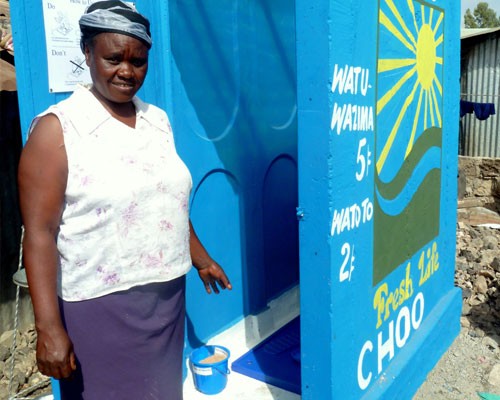
FrontLines: Youth and Technology
An aquarium pump, a toilet and a battery are devices not usually associated with revolutionary ideas. But then again, following the norm is not usually how transformation occurs.
With USAID funding and support, several young innovators are working towards solutions to the developing world's greatest problems.
Read more about their work in the new FrontLines, including how a breathing device with an aquarium pump is saving the lives of preterm infants in Malawi; how sanitation centers in Kenya translate waste into money; and how a pocketbook-sized battery electrifies remote villages in Tanzania.
Have you Seen our Blog?
Check out the Impact Blog to stay updated on the latest information about USAID programs in Washington and around the world. Read stories from the field, hear from development experts, and view weekly photos and videos of development in action. You can also join the conversation on social media!








Comment
Make a general inquiry or suggest an improvement.